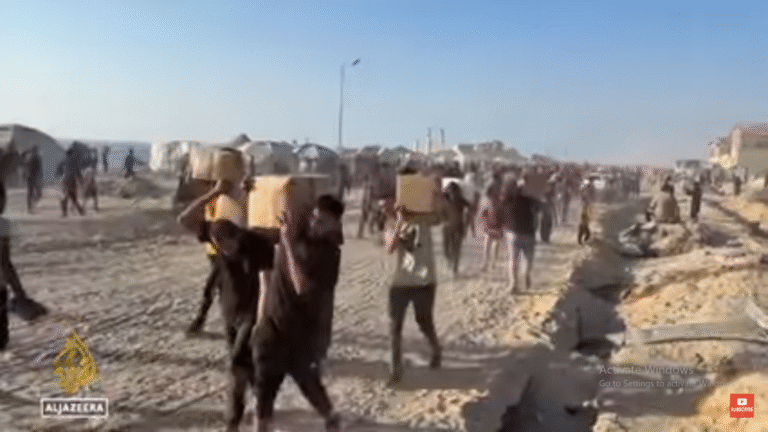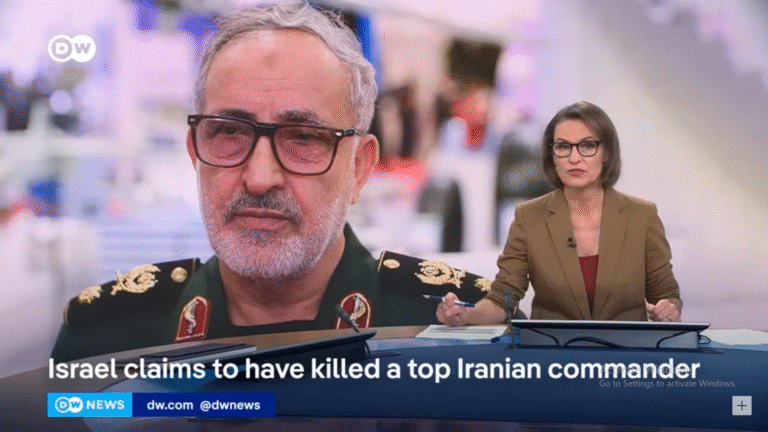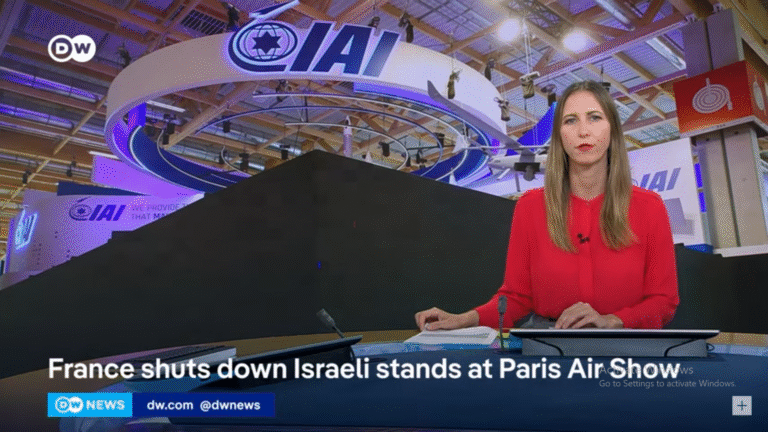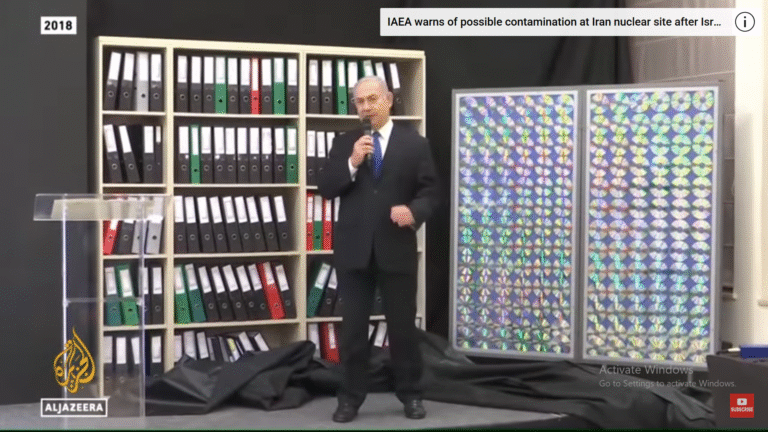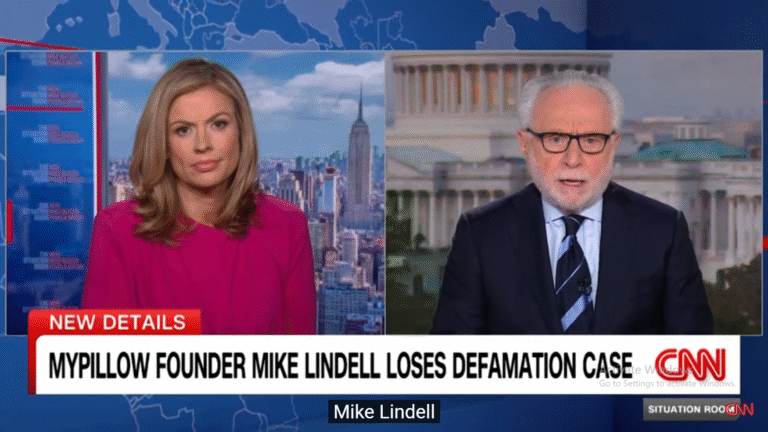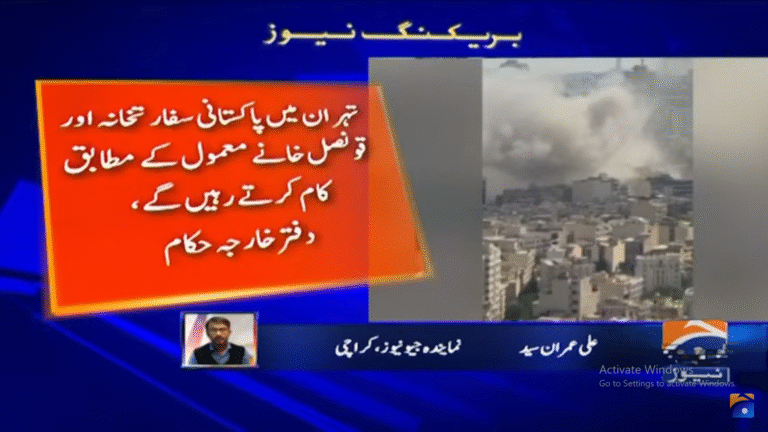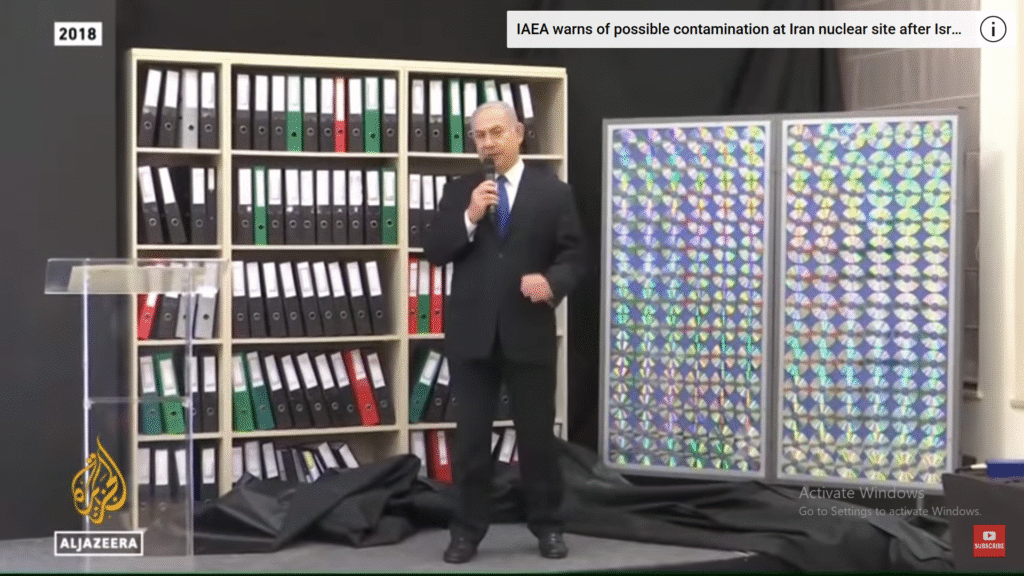
⏳ Three Decades of Warnings: Netanyahu and the Iran Nuclear Threat
For 33 years, Israeli Prime Minister Benjamin Netanyahu has sounded the alarm on Iran’s nuclear ambitions. From speeches at the United Nations to press conferences in Tel Aviv, Netanyahu has consistently framed Iran as Israel’s most dangerous adversary, warning that Tehran is perpetually on the brink of developing a nuclear weapon.
Now, as tensions in the Middle East rise once again, Netanyahu’s long-standing rhetoric is back in the spotlight—and it’s sparking both support and criticism at home and abroad.
🕰️ A Timeline of Warnings
- 1992: Netanyahu, then a member of the Israeli parliament, claimed Iran would have a nuclear bomb within three to five years.
- 1996: As Prime Minister, he told the U.S. Congress that Iran was close to nuclear weapons and needed to be stopped.
- 2009: Holding up a cartoonish bomb diagram at the United Nations, Netanyahu declared Iran was nearing a “red line.”
- 2018: He revealed a cache of Iranian nuclear documents, claiming it proved Iran had lied about its program.
- 2023–2025: Amid increasing regional instability, Netanyahu continues to stress the threat, especially as Iran’s uranium enrichment levels increase.
⚖️ Political Strategy or Legitimate Concern?
Netanyahu’s repeated warnings have drawn mixed reactions. Supporters argue he has been prophetic, urging the world to act before it’s too late. Critics, however, accuse him of crying wolf, saying his warnings have been exaggerated for political gain or to divert attention from domestic issues.
Even Israeli intelligence officials have, at times, offered assessments that contrast with Netanyahu’s public stance, suggesting a more nuanced reality.
🌍 Global Impact
Netanyahu’s rhetoric has had global consequences. His influence helped shape U.S. policy, including the Trump administration’s withdrawal from the 2015 Iran nuclear deal (JCPOA). It also helped rally global opinion against Tehran, even when evidence for an imminent threat was contested.
🔥 Why This Still Matters
With Iran allegedly enriching uranium to near-weapons-grade levels and regional tensions escalating—including direct confrontations with Israel—Netanyahu’s warnings have taken on new urgency.
Whether his 33-year campaign is seen as fearmongering or foresight, it continues to shape Middle East geopolitics, nuclear diplomacy, and Israel’s national security policy.
🧠 Final Thought
Benjamin Netanyahu’s decades-long campaign against Iran’s nuclear program may seem repetitive, but it’s deeply rooted in Israel’s existential concerns. As the stakes grow higher, only time will tell whether these warnings were overblown—or an unheeded truth.
